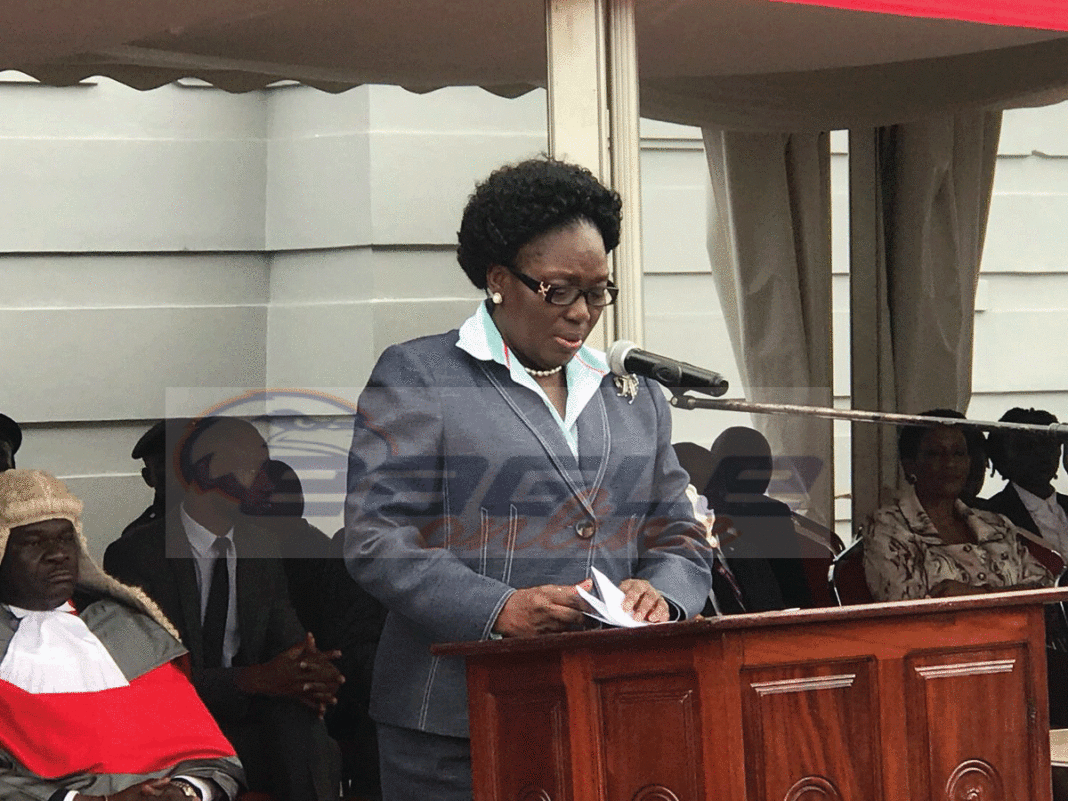Speakers of Parliament from the East African Community (EAC) have met in Juba, South Sudan to strengthen cooperation and promotion of peace in the region.
The legislators from South Sudan, Uganda, Burundi, Rwanda, Tanzania and Kenya met under the auspices of the Bureau of EAC Speakers.
The Speaker of the Uganda Parliament, Rebecca Kadaga, stressed the significance of supporting each other, saying they have cultural and economic ties.
“Uganda bears a big brunt when there is instability in South Sudan because of the resultant influx of refugees who then put pressure on schools, hospitals and general infrastructure. I have had discussions with the United Nations High Commission for Refugees to give additional support to the host districts,” Kadaga said.
She advocated for the actualization of the provision of EAC Customs Management Act in regard to free movement of labour, skills and capital. She said this will provide employment for the large population of the youth in the EAC.
“I note that there is still a number of non-tariff barriers to trade and free movement of labour and capital amongst EAC partners,” said Kadaga.
Further, she called on South Sudan to grant security for Ugandan traders, saying reports indicate that Ugandan traders are facing hostility from Sudanese.
“During a meeting with Ugandan traders in Juba, I was informed that they required extra protection because they are being threatened with eviction by the locals yet they have invested a lot in the market,” Kadaga said.
The President of the Senate of Rwanda, Bernard Makuza, underscored the importance of cooperation in trade and infrastructure development as key in translating aspirations into practical results for the region.
“Today more than ever, cooperation is not a choice but rather an imperative in real terms,” said Makuza.
The Speaker of Burundi National Assembly Pascal Nyabenda called on EALA to support Burundi in its efforts to lift what he termed “illegal sanctions” by the EU on Burundi.
“EU has imposed unjust economic and budgetary sanctions on Burundi which is counter-productive. In such conditions, it will not be easy for Burundi to sign an economic partnership agreement with EU,” said Nyabenda.
The Speaker of the Kenyan Senate, Kenneth. M Lusaka, challenged the EAC Speakers to provide proper legal frameworks that will promote peaceful coexistence in the region and beyond.
“Our Parliament is committed to ensuring that all Bills related with business from EALA are prioritized and considered within the stipulated timeline,” Lusaka said. Adding that, “I wish to urge you fellow Speakers to similarly ensure that all business related to the integration process is prioritized and given due attention.”
Anthony Lino Makana, Speaker of the Transitional Legislative Assembly of the Republic of South Sudan pledged full support of the EALA activities.
“In the third week of October, the plenary of EALA will be held here in Juba and we are looking forward to hosting the Inter Parliamentary Games in December,” said Makana.
He however reminded fellow Speakers of their role in modeling the EAC through review and development of policies and structures that facilitate the region’s aspirations.
“There is need to strengthen EALA so that all the legislative parameters of integration are given due attention. States should benefit from joint infrastructural development, networking, cooperation in social and welfare projects and a unified voice in international community,” said Makana.
The Outgoing Chairperson of the Bureau of EAC Speakers who is also the Speaker of EALA, Martin K Ngoga, said EALA has earmarked some additional activities for South Sudan as part of a contribution to the road map for full integration.
“EALA has already received its nine elected members who are not only resourceful, but knowledgeable and committed to see integration work,” said Ngoga.





